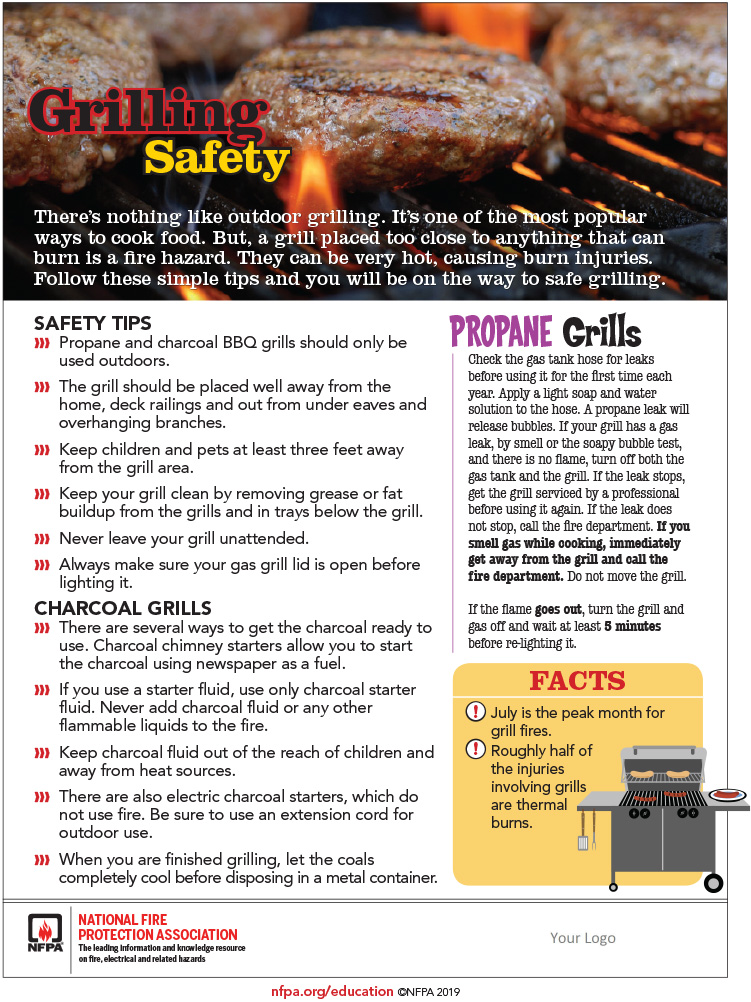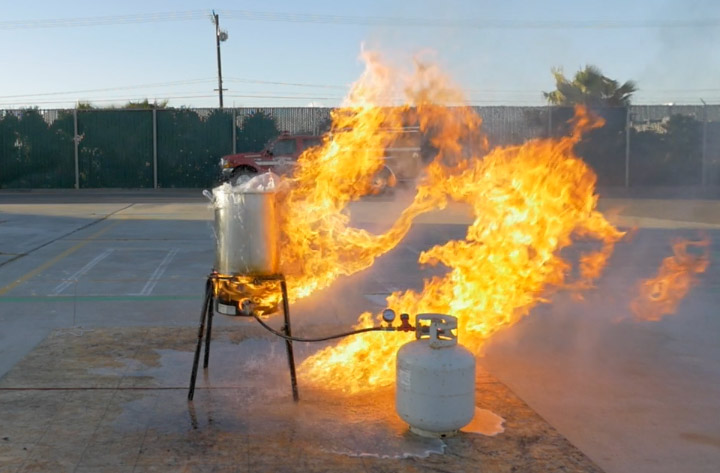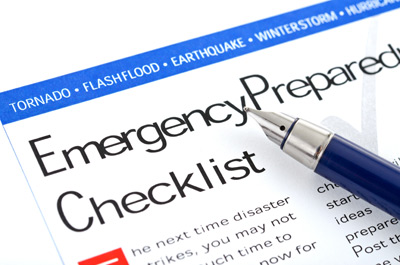
https://www.safekids.org/events


The National Fire Protection Association reports an average of five deaths, 60 injuries, and more than $15 million in property damage each year from grease and cooking fires, and Thanksgiving is the peak day of the year for home cooking fires.
More than one-third of fires involving a fryer start in a garage or patio.
If you are using a turkey fryer, here are some guidelines to keep you and your family safe this holiday season:
 We all need to remember that the St. Louis Area and areas south and east of St. Louis are in what is considered from Moderate to Very High earthquake hazard zones.
We all need to remember that the St. Louis Area and areas south and east of St. Louis are in what is considered from Moderate to Very High earthquake hazard zones.
While the movement of the ground is seldom the actual cause of injuries and death. Most casualties result from partial building collapse or falling objects and debris and most of these conditions can be prevented.
Before the Earthquake
Below are some of the things you can do to protect yourself, your family and your property in the event of an earthquake. A lot of these suggestions can be used for any disaster
Build an emergency kit that will last at least 3 days:
Build two kits, one that can stay at your home and another if you need to get away from the area. We in the fire service call them “GO BAGS”
Have a family communication plan:
Each family member calls, emails, tweets, etc. the same relative or friend that is out of town.
What else can you do?
If You Have To Leave Your Home
All of these suggestions can be used any time you are forced to leave your home because of thunderstorm, tornado, flood, snow, ice
The week of May 6-12, 2018 there were 35 fatalities in residential fire in the United States. Six of them were children. YTD, 1,173 people have perished. Florissant Valley Fire Chief Scott Seppelt has this important message about factors that will save lives.